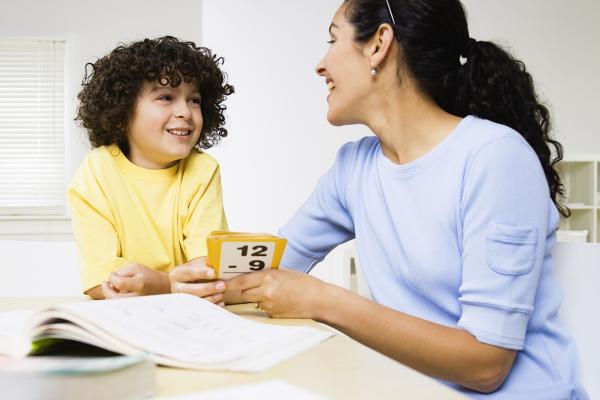Parents and carers play an imperative role in encouraging a positive mindset when it comes to maths.
However, our research shows that many of them are nervous when it comes to numbers:
- 23% of parents/carers say that having to help with their child’s maths homework makes them feel anxious
- 20% parents/carers say maths homework has caused arguments at home between them and their child
The research also shows that women in particular can lack confidence when it comes to the subject:
- 34% of women have told their child that they themselves are bad at maths compared to 22% of men.
- 17% of women say that having to help with their child’s homework has made them feel like crying.
Teachers are vital in breaking this intergenerational cycle.
Engaging parents and carers with maths not only benefits the children they support, but also themselves, by encouraging improvement in numeracy for work and home.
Having consulted with several former teachers among National Numeracy staff, we have put together a list of tips for getting parents and carers engaged with maths.










